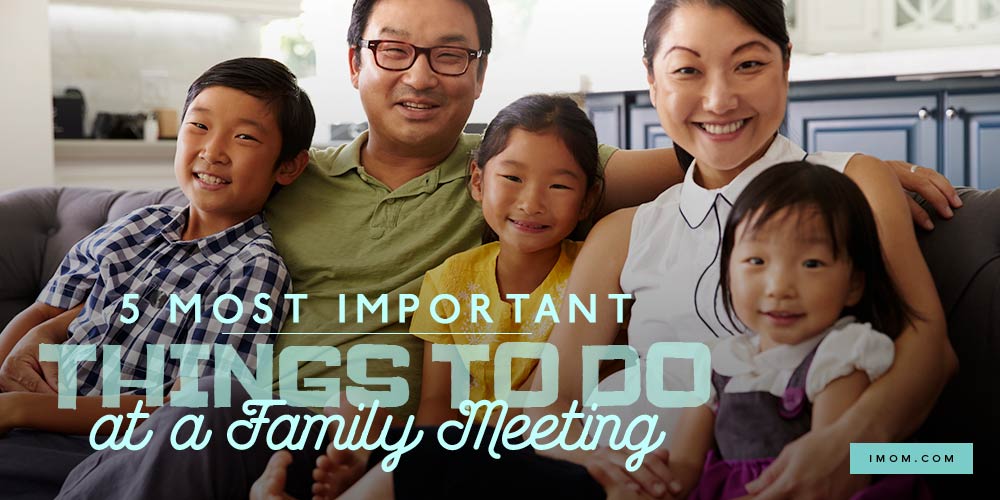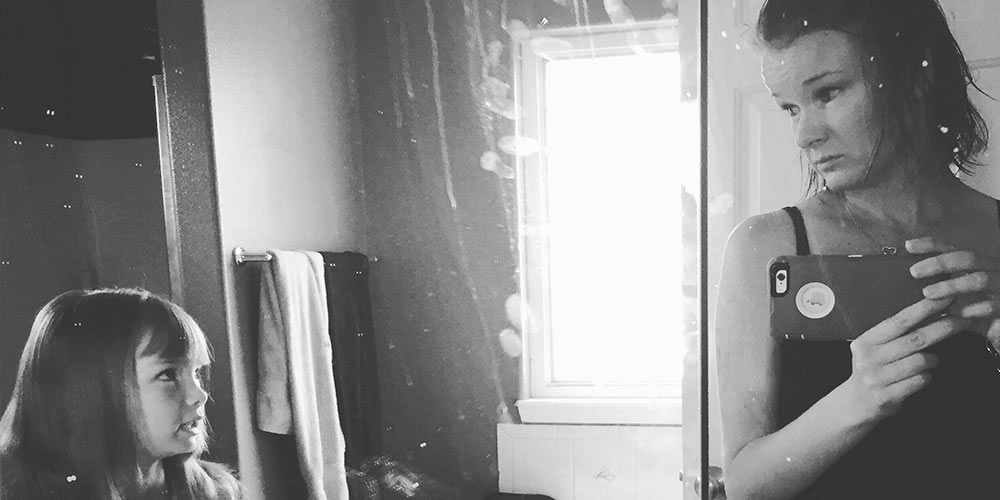Karen knew this day would eventually come and she had dreaded it for years. After years of teaching her daughters the importance of sexual purity and that it’s best to wait until marriage, one of them looked at her across the kitchen table and asked, “Did you wait?” Feeling that honesty and integrity were essential to the way she was parenting her kids, Karen told the truth: sadly, she did not wait. She went on to explain how much she regretted it and wished that she could have a do-over on that season of her life as a young adult. Her fourteen-year-old cried she was so disappointed. It was a hard moment for both of them.
I don’t want my children to fall victim to the same mistakes I made in my past life. You probably feel the same way. But being transparent in a way that benefits your child—rather than simply compromising your moral authority—requires some thought and wisdom on your part. To decide what to share and how to share it, you should consider the topic, the age and maturity of your child, and other key factors.
Is it a help or a stumbling block?
Think about your child and how easily distracted he or she typically is by “sidebars” in life, at the expense of understanding the main point. Is finding out that you used recreational drugs as a teen going to be such an information bomb that he hears nothing else you say? If so, it’s information better kept to yourself.
Will it unintentionally give your child license to do the same?
Again, this determination requires knowing your child’s nature. Is she one to say, “You (or my older sibling, or whoever) did it, so no one has a right to say anything to me”? If your kid has a tendency to excuse her own bad behavior based on the behaviors of others—rather than a moral standard—don’t add fuel to that fire.
Is it clear in your mind how this will be helpful?
Before you blurt out any controversial details about your past, make sure you’ve thought through the whole conversation and where you want to go with that information. Is it, “I had sex before marriage and I’ve suffered xyz consequence as a result, and I want you to be spared the same problems”? Map it out in your head. If the conclusions aren’t crystal clear to you, they likely won’t be to your child. Proceed with caution.
Are you helping your child or cleansing your own conscience?
Many of us carry regret or even guilt about the choices of our past. Sometimes those feelings drive us to want to confess to anyone who will listen, just to unload a bit of the burden. Make sure your honesty with your child isn’t driven by feelings like these. Work out your own emotional burdens with your spouse, your pastor, or a trusted friend. When you’ve made peace with your past, you’ll be better able to decide what, if any, of that information can benefit your children as they make their own decisions.
Tell us! How much of your past are you comfortable sharing?
Dana Hall McCain writes about marriage, parenting, faith and wellness. She is a mom of two, and has been married to a wonderful guy for over 18 years.










